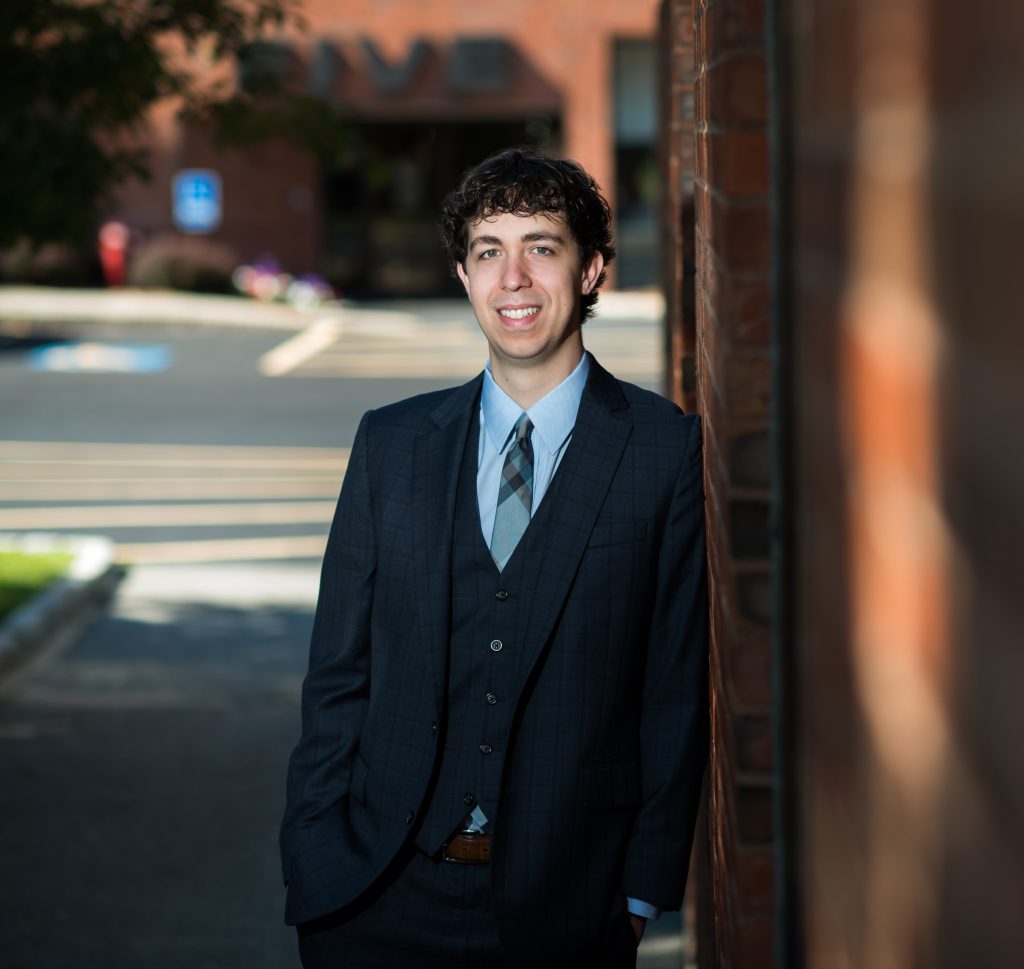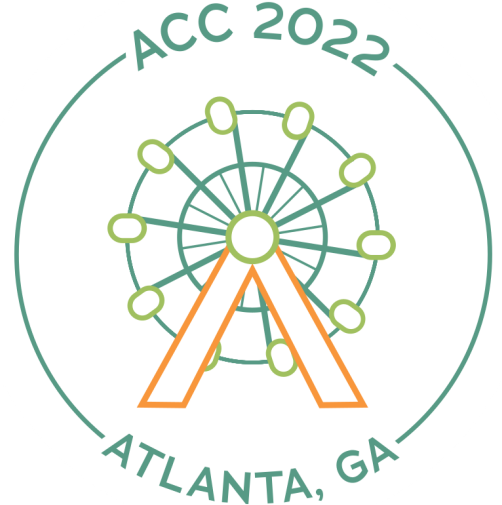
“The Human in Human-Autonomy Interaction” by Matthew Gombolay
Abstract: New advances in robotics and autonomy offer the promise to revitalize assembly manufacturing, assist in personalized at-home healthcare, and even scale the power of earthbound scientists for robotic space exploration. Yet, in real-world applications, autonomy is often run in the O-F-F mode because researchers fail to understand the human in human-inthe- loop systems. In this talk, I will share exciting research we are conducting at the nexus of human factors engineering and cognitive robotics to inform the design of human-autonomy interaction. In my talk, I will focus on our recent work in 1) understanding the psychology behind human response to autonomy failures, 2) how personality traits affect a human’s ability to teach robots skills, and 3) how we can design robot behaviors and relationship-building mechanisms to establish rapport between human and machine. The goal of this research is to inform the design of autonomous teammates that users want to turn – and benefit from turning – to the O-N mode.

Bio: Dr. Matthew Gombolay is an Assistant Professor of Interactive Computing at the Georgia Institute of Technology. He received a B.S. in Mechanical Engineering from the Johns Hopkins University in 2011, an S.M. in Aeronautics and Astronautics from MIT in 2013, and a Ph.D. in Autonomous Systems from MIT in 2017. Gombolay’s research interests span robotics, AI/ML, human-robot interaction, and operations research. Between defending his dissertation and joining the faculty at Georgia Tech, Dr. Gombolay served as technical staff at MIT Lincoln Laboratory, transitioning his research to the U.S. Navy and earning a R&D 100 Award. His publication record includes a best paper award from the American Institute for Aeronautics and Astronautics, a finalist for best student paper at the American Controls Conference, and a finalist for best paper at the Conference on Robot Learning (CoRL’20). Dr Gombolay was selected as a DARPA Riser in 2018, received 1st place for the Early Career Award from the National Fire Control Symposium, and was awarded a NASA Early Career Fellowship.
